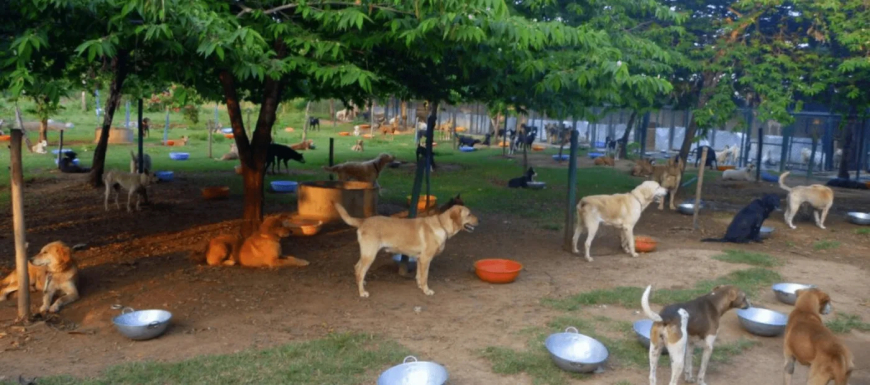Stray Dogs To Stay in Same Area After Sterilisation: Supreme Court’s New Order
Supreme Court orders stray dogs be sterilised, vaccinated, and released in the same area. Aggressive or rabid dogs not to be freed; feeding only in zones.

Stray Dogs To Stay in Same Area After Sterilisation: Supreme Court’s New Order
The Supreme Court of India has issued fresh guidelines on the management of stray dogs, aiming to balance public safety with animal welfare. The new order modifies earlier directions and lays down a structured approach for sterilisation, vaccination, and designated feeding of stray dogs.
Sterilisation and Release in Same Area
According to the court, stray dogs must be sterilised, dewormed, and vaccinated before being released back into the same locality from where they were picked up. This follows the “catch, sterilise, release” model that many animal activists have been advocating. The court stressed that this system helps control the stray population while ensuring animals are not displaced.
Aggressive and Rabid Dogs Excluded
The bench clarified that aggressive dogs or those found to be infected with rabies will not be released into public areas. Such dogs are to be kept under observation and treatment, preventing risks of attacks or the spread of rabies among humans. This decision comes after rising incidents of dog bites and rabies-related deaths in recent years.
No Roadside Feeding
One of the most notable aspects of the order is the restriction on roadside feeding of stray dogs. The Supreme Court has directed municipal authorities to create specific, designated zones for feeding. These areas must be equipped with proper notice boards so the public is aware of where feeding is permitted.
Legal Action Against Violations
The court also warned that individuals who continue to feed stray dogs on roadsides, ignoring the designated feeding spaces, may face legal consequences. This measure aims to reduce conflicts between dog feeders, residents, and local authorities, while maintaining public hygiene and safety.
A Step Towards National Policy
The three-judge bench further ordered that all pending cases related to stray dog management across the country be transferred to the Supreme Court. This move is intended to help frame a uniform, nationwide policy on stray dogs, ensuring clarity and consistency in dealing with the issue.
Balancing Safety and Compassion
While earlier orders had called for mass removal of stray dogs from city streets, the modified ruling reflects a more balanced approach. By ensuring sterilisation and vaccination, while restricting aggressive or rabid dogs, the court has attempted to address public concerns without compromising on animal rights.
This judgment is expected to significantly impact how municipal bodies, animal activists, and citizens engage with the stray dog issue in India.

 Ellofacts
Ellofacts 





